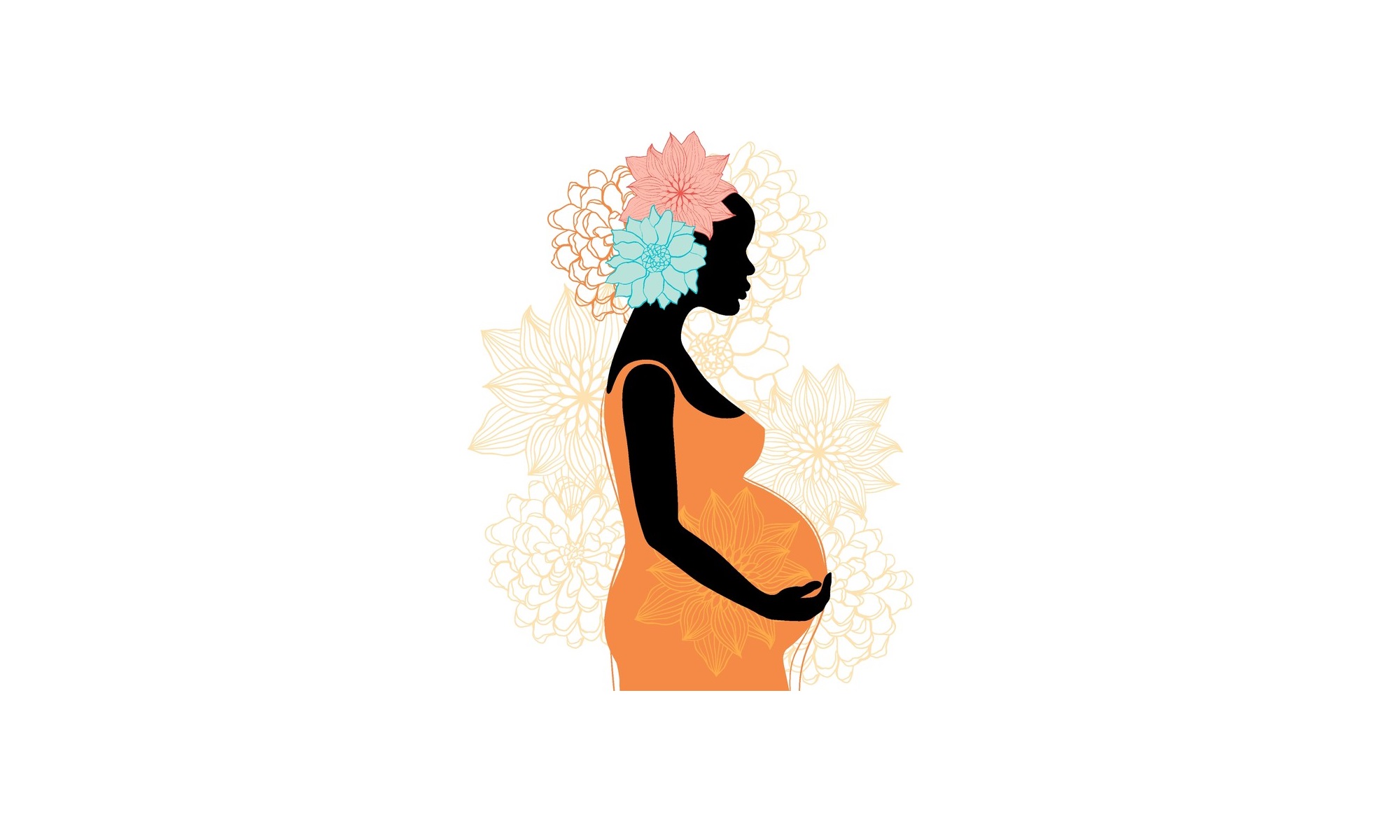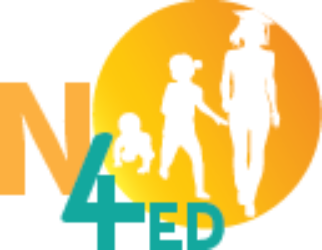The first 1000 days of life, from mother’s womb to the age of two, is the most critical period for a human being’s development. The cognitive and physical damage caused by under-nutrition during this critical window are often severe and irreversible. Under-nutrition can occur due to hunger but also due to the shortage of vitamins or minerals that are essential for proper growth and metabolism. It has impacts on:
(a) immunity: Undernourishment can greatly compromise a child’s immune system, making them more susceptible to infectious diseases.
(b) growth: Consequently to low immunity, a gastrointestinal infection places the child at even greater risk for nutrient deficiencies because nutrients are unable to be absorbed properly. A vicious circle leading to growth retardation: physical, motor and cognitive.
(c) cognitive development : attention deficit disorder, impaired school performance, decreased IQ scores, memory deficiency, learning disabilities, reduced social skills, reduced language development, reduced problem-solving abilities.
This leads to a reduction in their ability as adults to lead the productive, meaningful, prosperous lives they need to leave the cycle of poverty and contribute to the development of their communities.
According to the 2014 Ethiopia Mini Demographic and Health Survey, 40% of Ethiopian children are stunted! This is a dramatically high rate of lack of development of children in Ethiopia even though some progress has been made these last 15 years. This has a major cost burden on the local community and the country as a whole. According to the COHA study (Cost Of Hunger In Africa), the total economic impact of child under nutrition in Ethiopia is the equivalent of 16,5% of its GDP.

